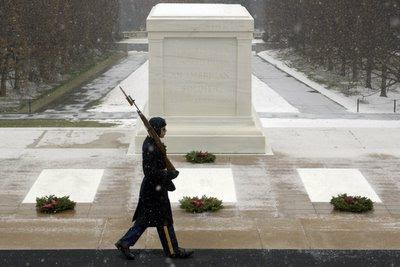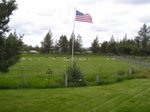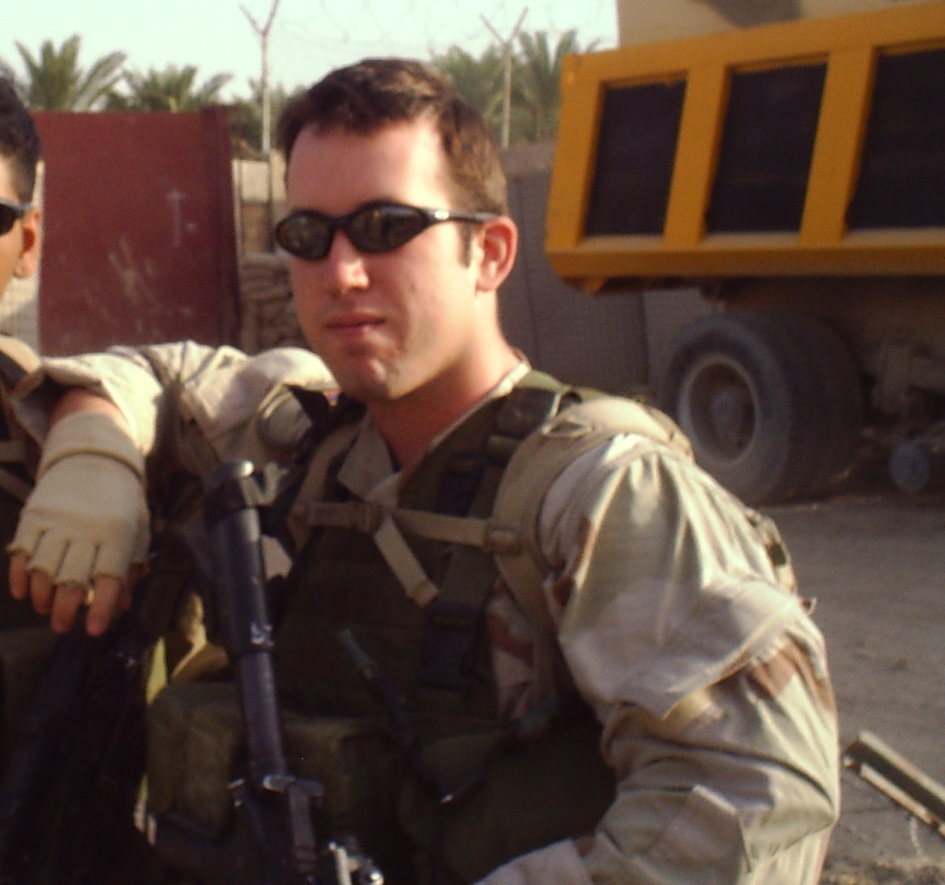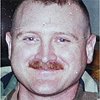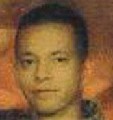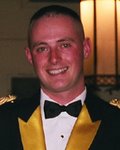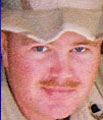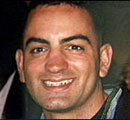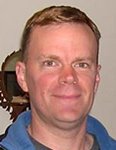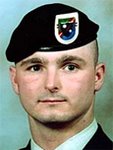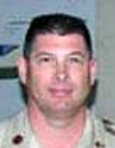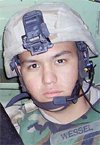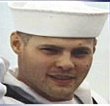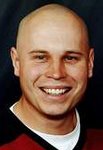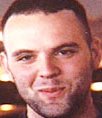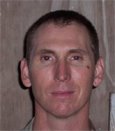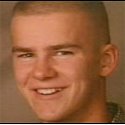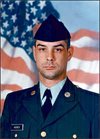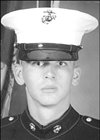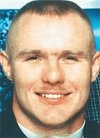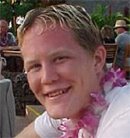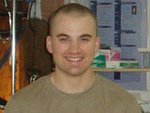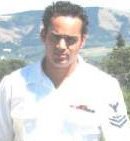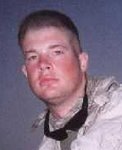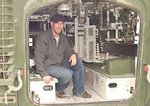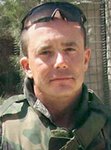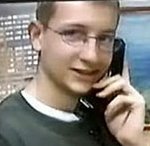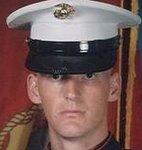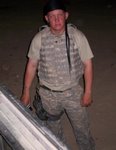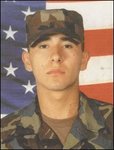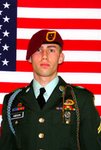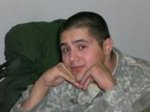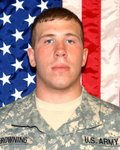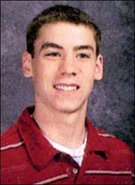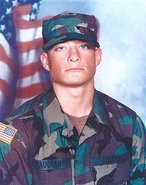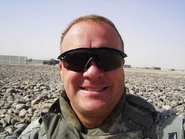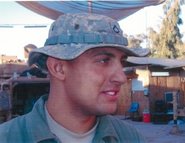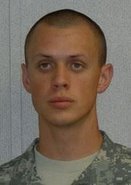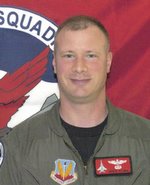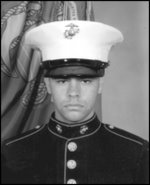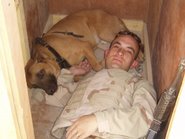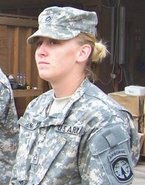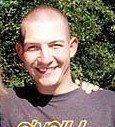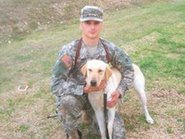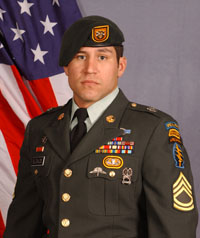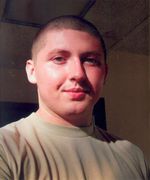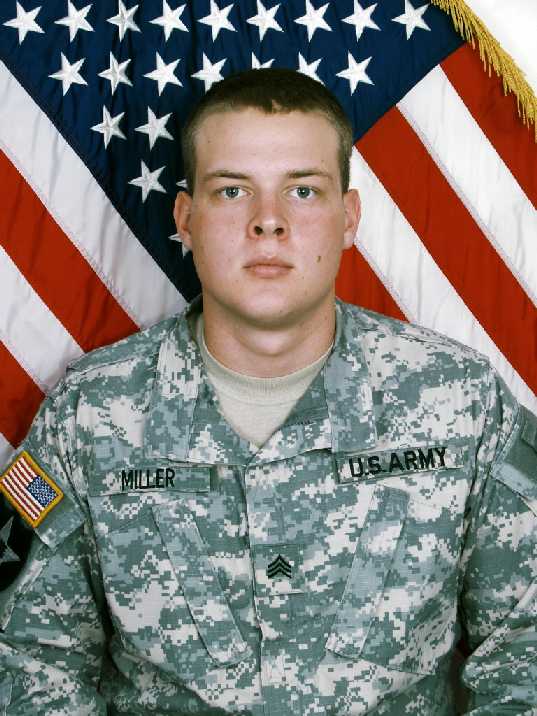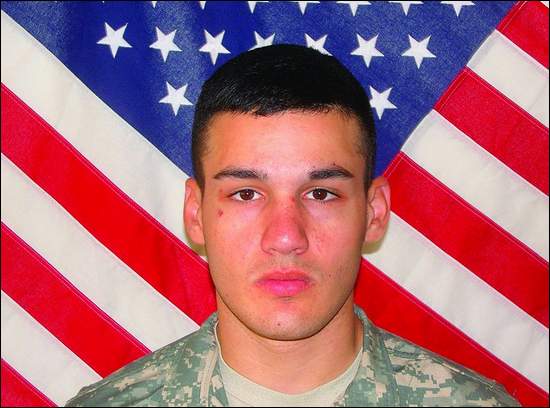General David Petraeus ~ Letter to His Troops
 Gen. David Petraeus poses proudly for a photo after promoting Staff Sgt. Adam Gray, of the 2nd Stryker Brigade, from the rank of sergeant, Dec. 13, at the 2nd Stryker Calvary Regiment headquarters. Petraeus paid a special visit to the brigade to award 10 Soldiers with coins, re-enlist four Soldiers and promote Gray.
Gen. David Petraeus poses proudly for a photo after promoting Staff Sgt. Adam Gray, of the 2nd Stryker Brigade, from the rank of sergeant, Dec. 13, at the 2nd Stryker Calvary Regiment headquarters. Petraeus paid a special visit to the brigade to award 10 Soldiers with coins, re-enlist four Soldiers and promote Gray. As 2007 draws to a close, you should look back with pride on what you, your fellow troopers, our Iraqi partners, and Iraqi Coalition civilians have achieved in 2007. A year ago, Iraq was racked by horrific violence and on the brink of civil war. Now, levels of violence and civilians and military casualties are significantly reduced and hope has been rekindled in many Iraqi communities. To be sure, the progress is reversible and there is much more to be done. Nonetheless, the hard-fought accomplishments of 2007 have been substantial, and I want to thank each of you for the contributions you made to them.
In response to the challenges that faced Iraq a year ago, we and our Iraqi partners adopted a new approach. We increased our focus on securing the Iraqi people and, in some cases, delayed transition of tasks to Iraqi forces. Additional U.S. and Georgian forces were deployed to theater, the tours of U.S. unites were extended, and Iraqi forces conducted a surge of their own, generating well over 100,000 more Iraqi police and soldiers during the year so that they, too, had additional forces to execute the new approach. In places like Ramadi, Baqubah, Arab Jabour, and Baghdad, you and our Iraqi brothers fought--often house by house, block by block, and neighborhood by neighborhood--to wrest sanctuaries away from Al Qaeda-Iraq, to disrupt extremist militia elements, and to rid the streets of mafia-like criminals. Having cleared areas, you worked with Iraqis to retain them--establishing outposts in the areas we were securing, developing Iraqi Security Forces, and empowering locals to help our efforts. This approach has not been easy. It has required steadfastness in the conduct of tough offensive operations, creative solutions to the myriad problems on the ground, and persistence over the course of many months and during countless trying situations. Through it all, you have proven equal to every task, continually demonstrating an impressive ability to conduct combat and stability operations in an exceedingly complex environment.
Your accomplishments have given the Iraqi people new confidence and prompted many citizens to reject terror and confront those who practice it. As the months passed in 2007, in fact, the tribal awakening that began in Al Anbar Province spread to other parts of the country. Emboldened by improving security and tired of indiscriminate violence, extremist ideology, oppressive practices, and criminal activity, Iraqis increasingly rejected Al Qaeda-Iraq and rogue militia elements. Over time, the desire of Iraqis to contribute to their own security has manifested itself in citizens volunteering for the police, the Army, and concerned local citizen programs. It has been reflected in citizens providing information that has helped us find far more than double the number of arms and weapons caches we found last year. And it has been apparent in Iraqi communities now supporting their local security forces.
While the progress in a number of areas is fragile, the security improvements have significantly changed the situation in many parts of Iraq. It is now imperative that we take advantage of these improvements by looking beyond the security arena and helping Iraqi military and political leaders as they develop solutions in other areas as well, solutions they can sustain over time. At the tactical level, this means an increasing focus on helping not just Iraqi Security Forces--with whom we must partner in all that we do--but also helping Iraqi governmental organizations as they endeavor to restore basic services, to create employment opportunities, to revitalize local markets, to refurbish schools, to spur local economic activity, and to keep locals involved in contributing to local security. We will have to do all of this, of course, while continuing to draw down our forces, thinning our presence, and gradually handing over responsibilities to our Iraqi partners. Meanwhile, at the national level, we will focus on helping the Iraqi Government integrate local volunteers into the Iraqi Security Forces and other employment, develop greater ministerial capacity and capability, aid displaced persons as they return, and, most importantly, take the all-important political and economic actions needed to exploit the opportunity provided by the gains in the security arena.
The pace of progress on important political actions to this point has been slower than Iraqi leaders had hoped. Still, there have been some important steps taken in recent months. Iraq's leaders reached agreement on the Declaration of Principles for Friendship and Cooperation with the United States, which lays the groundwork for an enduring relationship between our nations. The United Nations Security Council approved Iraq's request for a final renewal of the resolution that authorizes the Coalition to operate in Iraq. Iraq's leaders passed an important Pension Law that not only extends retirement benefits to Iraqis previously left out but also represents the first of what we hope will be additional measures fostering national reconciliation. And Iraq's leaders have debated at length a second reconciliation-related measure, the Accountability and Justice Bill (the de-Ba'athification Reform Law), as well as the 2008 National Budget, both which likely will be brought up for a vote in early 2008. Even so, all Iraqi participants recognize that much more must be done politically to put their country on an irreversible trajectory to national reconciliation and sustainable economic development. We will, needless to say, work closely with our Embassy teammates to support the Iraq Government as it strives to take advantage of the improved security environment by pursing political and economic progress.
The New Year will bring many changes. Substantial force rotations and adjustments already underway will continue. One Army brigade combat team and a Marine Expeditionary Unit have already redeployed without replacement. In the coming months, four additional brigades and two Marine battalions will follow suit. Throughout that time, we will continue to adapt to the security situation as it evolves. And in the midst of all the changes, we and our Iraqi partners will strive to maintain the momentum, to press the fight, and to pursue Iraq's enemies relentlessly. Solutions to many of the tough problems will continue to be found at your level, together with local Iraqi leaders and with your Iraqi Security Force partners, in company and battalion areas of operation and in individual neighborhoods an towns. As you and your Iraqi partners turn concepts into reality, additional progress will emerge slowly and fitfully. Over time, we will gradually see fewer bad days and accumulate more good days, good weeks, and good months.
The way ahead will not be easy. Inevitably, there will be more tough days and tough weeks. Unforeseen challenges will emerge. And success will require continued hard work, commitment, and initiative from all involved. As we look to the future, however, we should remember how far we have come in the past year. Thanks to the tireless efforts and courageous actions of the Iraqi people, Iraq's political and military leaders, the Iraqi Security Forces, and each of you, a great deal has been achieved in 2007. Thus, as we enter a new year, we and our Iraqi partners will have important accomplishments and a newfound sense of hope on which we can build.
As always, all or your leaders, our fellow citizens back home, and I deeply appreciate the dedication, professionalism, commitment, and courage you display on a daily basis. It remains the greatest of honors to serve with each of you in this critical endeavor.
Sincerely,
David H. Petraeus








































